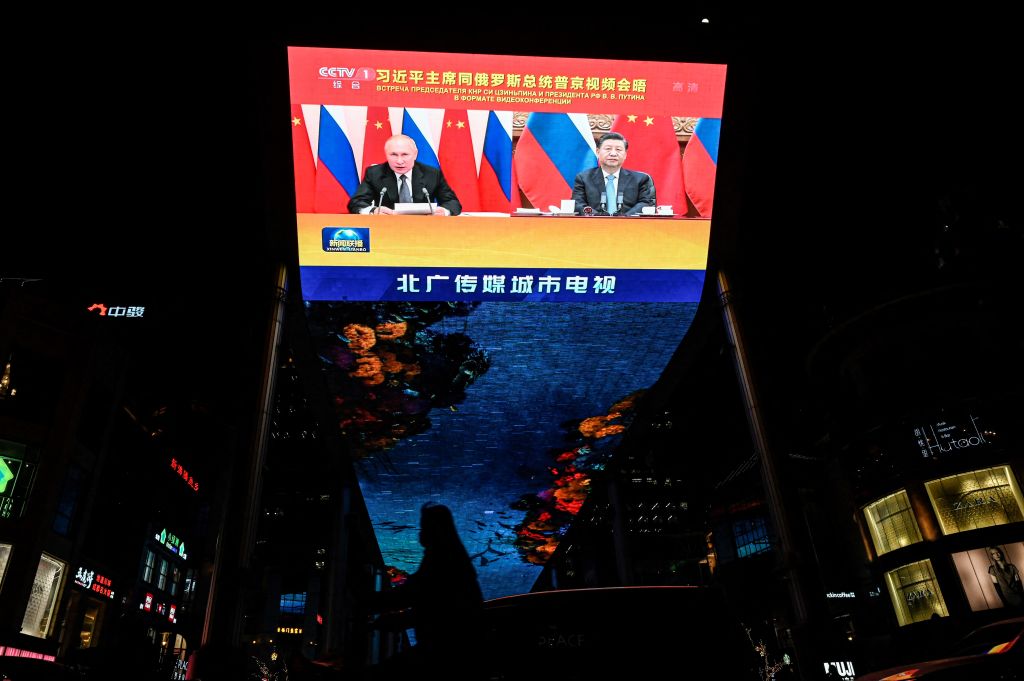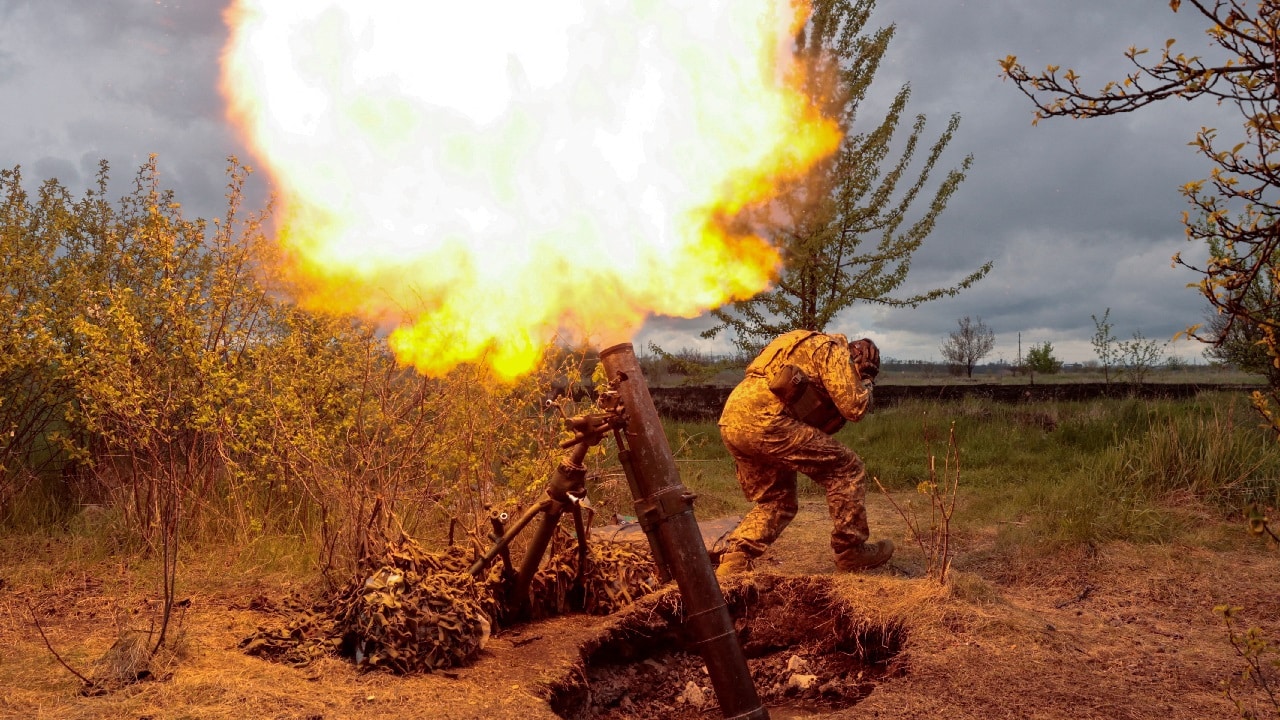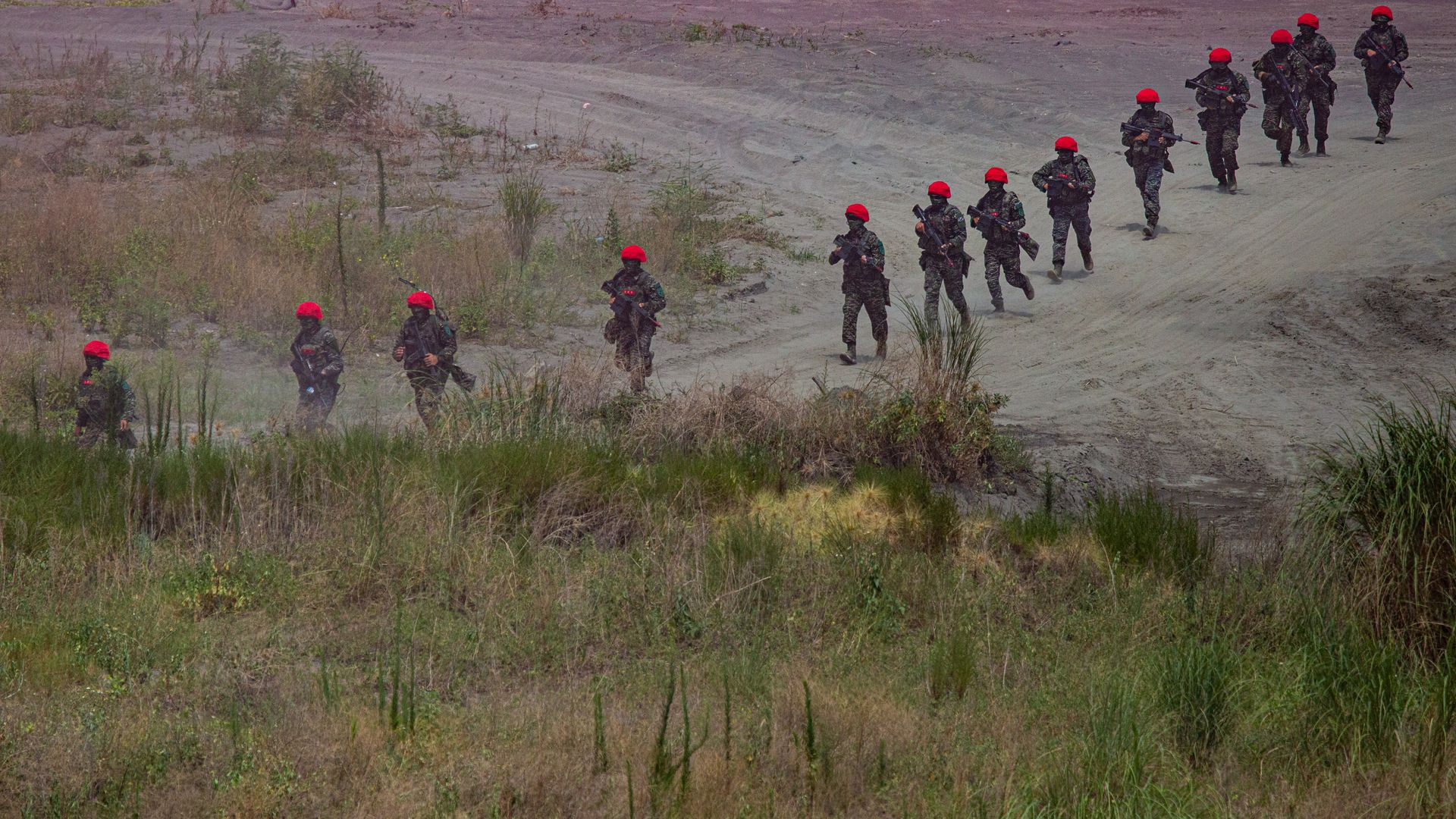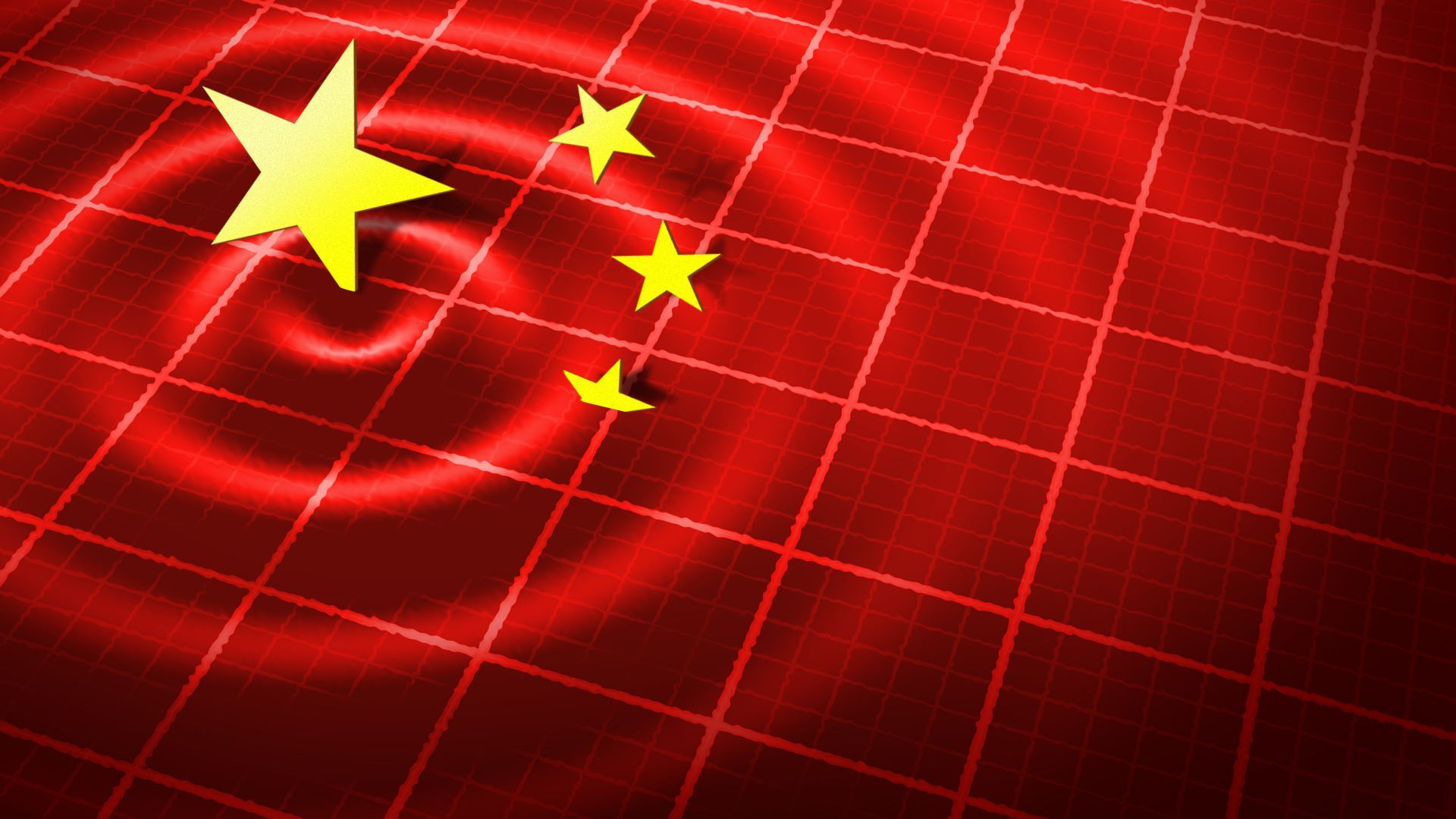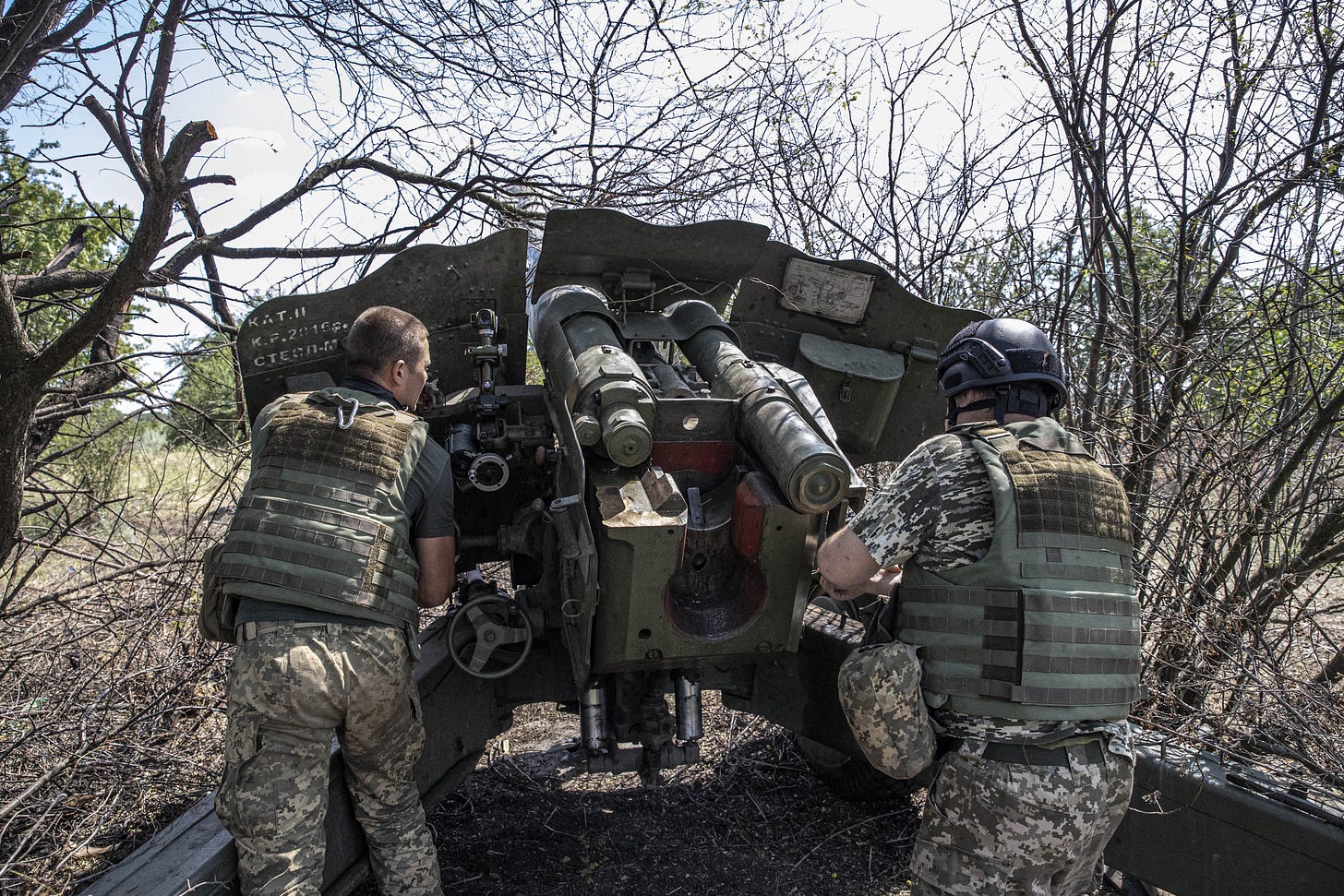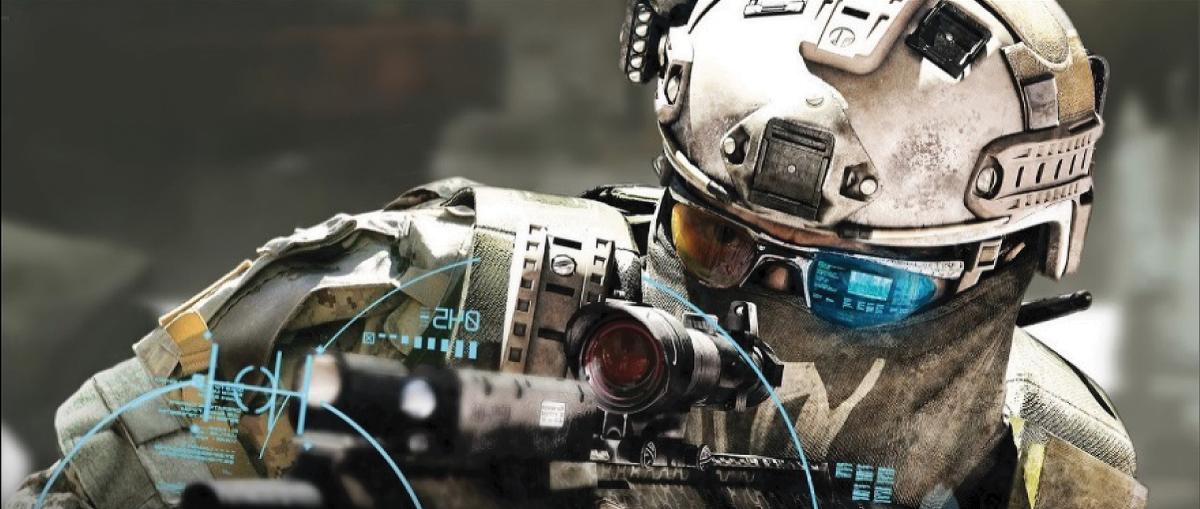Jimmy Byrn
Is the U.S. prepared for battle? By one measure, military recruitment, the answer appears to be no. Nearly every branch has struggled to meet its recruitment goals for 2022, with some falling as short as 40%. Worse yet, only about a quarter of America’s youth meet current eligibility standards—and recent surveys show only 9% are even interested.
Military leadership primarily blames this slump on two causes: teen obesity rates and the tight labor market. But data for both claims can’t paint the full picture. Teen obesity did increase during the pandemic, to 22% from 19%. But that jump likely can’t account for the sudden and widespread collapse in recruitment. Neither can the labor market. The unemployment rate today sits at 3.6%—roughly the same as in 2019. Yet in 2019 the Army exceeded its recruiting goals. It’s falling perilously short today and will be understrength by 28,000 troops by the end of 2023. The military’s benefits—including child care, housing allowances, medical coverage and large bonuses, up to $50,000—should also help insulate it from the pitfalls of hiring young recruits in a tight labor market.

